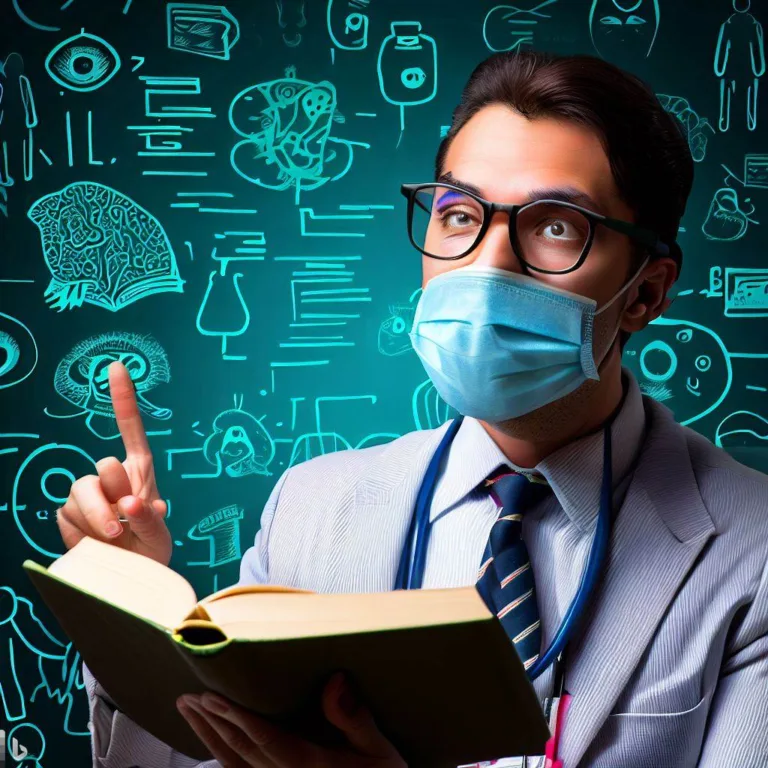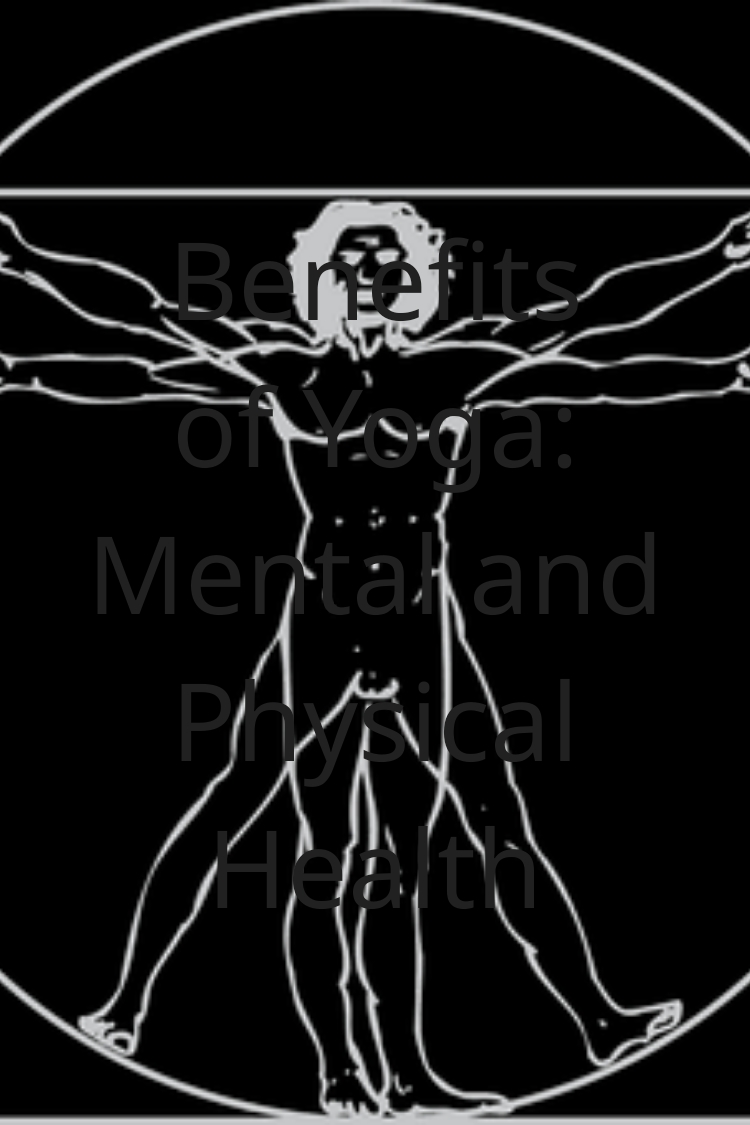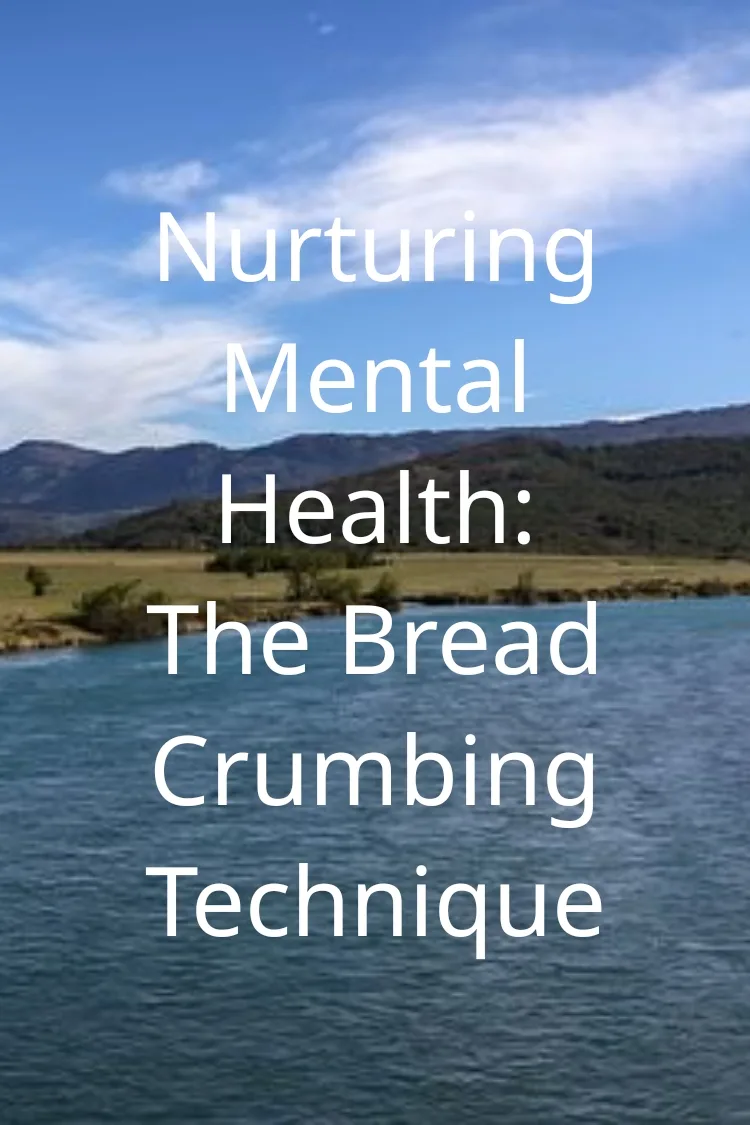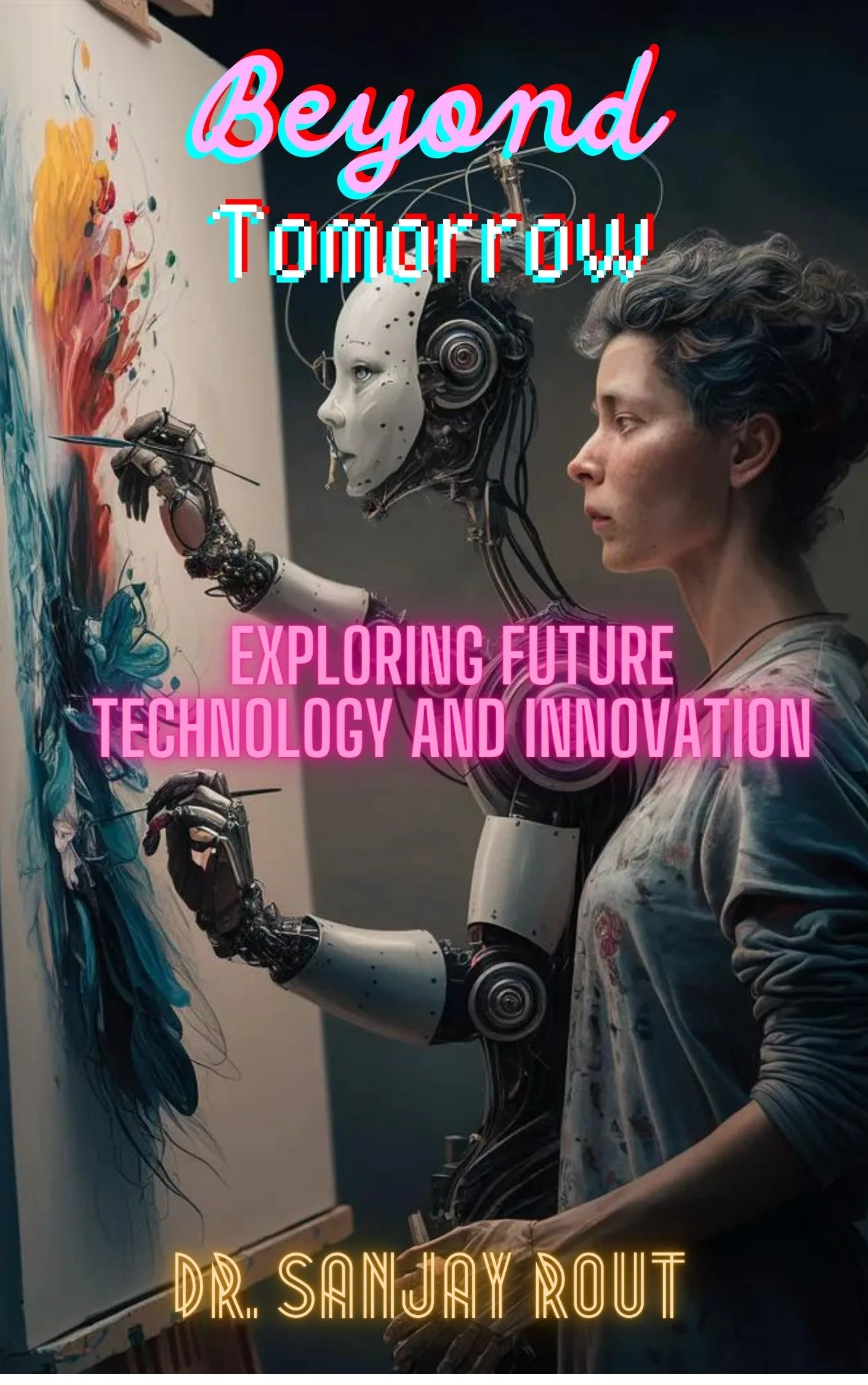Role of Health Education in Implementing Medical Surveillance for Common Diseases
Introduction
In today’s rapidly evolving healthcare landscape, medical surveillance plays a crucial role in detecting and preventing the spread of common diseases. Effective implementation of medical surveillance requires a multidimensional approach, and one key factor in its success is correct and practical education. Education serves as the foundation for understanding the importance of medical surveillance, enabling individuals and communities to take proactive measures to safeguard their health. This article delves into the significant role of education in implementing medical surveillance for common diseases and highlights its impact on public health outcomes.
The Importance of Medical Surveillance
Medical surveillance is a systematic process that involves the ongoing monitoring and collection of health-related data to identify potential disease outbreaks, track patterns, and implement timely interventions. It provides valuable insights into the prevalence, severity, and geographic distribution of common diseases. By closely monitoring disease trends, medical professionals can devise effective strategies to prevent and control the spread of infections, ultimately saving lives and minimizing the burden on healthcare systems.
Understanding Common Diseases
To effectively implement medical surveillance, it is essential to have a comprehensive understanding of common diseases. Medical/ Health Education plays a pivotal role in raising awareness about the nature, symptoms, and modes of transmission of various illnesses. By disseminating accurate information, educational initiatives empower individuals to recognize early warning signs, seek appropriate medical attention, and practice preventive measures. This knowledge equips individuals with the tools to make informed decisions about their health and contributes to the overall effectiveness of medical surveillance programs.
Promoting Health Literacy
Health literacy, the ability to obtain, understand, and utilize health information, is vital in ensuring the success of medical surveillance efforts. Through education, individuals can develop the necessary health literacy skills, enabling them to interpret and apply medical information effectively. Health literacy empowers individuals to engage in disease prevention, adhere to recommended treatments, and adopt healthy lifestyle practices. By fostering health literacy, educational initiatives enhance the overall effectiveness and impact of medical surveillance programs.
Community Engagement and Empowerment
Timey and correct Health Education not only empowers individuals but also ensures community engagement and empowerment. By creating platforms for raising individual concerns, its remedial measures coupled with knowledge-sharing, educational programs encourage communities to actively participate in medical surveillance initiatives. Community members become stakeholders in their own health, leading to increased compliance with disease monitoring protocols, reporting of symptoms, and timely access to healthcare services. This collaborative approach enhances the accuracy and timeliness of disease data, facilitating effective decision-making and resource allocation.
Training Healthcare Professionals
Health Education system persay is instrumental in training and equipping healthcare professionals with the skills required to implement medical surveillance effectively. Medical and public health curricula must prioritize comprehensive training on disease surveillance methods, data analysis, and interpretation. By providing healthcare professionals with up-to-date knowledge and practical skills, educational institutions contribute to the development of a competent workforce capable of navigating the complexities of medical surveillance. Well-trained professionals serve as the backbone of successful disease monitoring and response systems.
Technology and Education
The integration of technology and education is revolutionizing the field of medical surveillance. Innovative tools and platforms, such as digital health applications, wearable devices, increased role of robotics & AI, and telemedicine, are increasingly being employed to collect and analyze health data. Educational initiatives must adapt to these technological advancements, equipping individuals with the skills to navigate and leverage these tools effectively. By harnessing the power of technology, medical surveillance can become more efficient, accurate, and accessible to a broader population.
Collaborative Partnerships
Medical Research Institutions and NGOs plays a crucial role in fostering collaborative partnerships between various stakeholders involved in medical surveillance. By bringing together government agencies, healthcare institutions, community organizations, and educational institutions, a comprehensive network can be established to support disease monitoring efforts. Collaborative partnerships facilitate the exchange of knowledge, resources, and best practices, leading to a coordinated and synergistic approach to medical surveillance. Education serves as the catalyst for these partnerships, ensuring a unified effort towards combating common diseases.
Conclusion
Dissemination and training correct health Education is an indispensable component in implementing effective medical surveillance for common diseases. By raising awareness, promoting health literacy, empowering individuals and communities, training healthcare professionals, embracing technology, and fostering collaborative partnerships, education paves the way for proactive disease prevention and control. As we strive for a healthier future, prioritizing education in the realm of medical surveillance is paramount. By doing so, we can elevate public health outcomes, mitigate the impact of common diseases, and build resilient healthcare systems.














2 Comments
A must read for everyone. A genuine effort.
Nicely comprehended. A good article for implementation. Thanks for sharing.👍😇